On 27 December, Emir Kusturica and his band, the No Smoking Orchestra, which played an important role in the Balkan folk renaissance, will play at Müpa Budapest. In this article, we explore the adventurous history of the band, known for its exhilarating concerts, and Kusturica’s musical adventures.
Emir Kusturica, who also has Bosnian ancestry, was born in Sarajevo in 1954 and studied at the Prague-based Film Academy as a young man. He directed his first feature film in Yugoslavia in 1981 (Do You Remember Dolly Bell?). From then on, a succession of award-winning films followed, including When Father Was Away on Business (1985), Time of the Gypsies (1988), Arizona Dream (1991), with a star cast of American actors, Underground (1995) and his biggest hit, Black Cat, White Cat (1998), which is now intertwined with the story of No Smoking Orchestra. Since then, he has been actively filming (Life is a miracle; On the Milky Road), but has also been touring and recording regularly with his band for the last two decades.
Music has always played an important role in Kusturica’s films, but his relationship with music really took a serious turn when he severed his working relationship with Goran Bregovic, who composed the soundtracks for Time of the Gypsies, Arizona Dream and Underground, and was previously frontman of the legendary band Bijelo Dugme. But the story of No Smoking Orchestra, now led by Kusturica, goes all the way back to 1979.
This is when the Sarajevo band Zabranjeno pušenje (No Smoking) was formed, the two founders being Nele Karajlić (originally Nenad Jankovic) and Sejo Sexon (Davor Sucic), who were still in high school at the time. The two youngsters tried their hand at songwriting with great enthusiasm, but not with much success at first, as they had serious problems even tuning their instruments at the time. However, the band soon expanded to four members and held their first concert at the end of 1980. In the years that followed, Zabranjeno pušenje became an increasingly important part of the vibrant Yugoslav music scene and the movement known as the New Primitives.
In 1984 they made their first album Das Ist Walter. Jugoton, the label that released the record, did not have high hopes for the release of this upbeat new wave punk music, but they underestimated the band: the record sold so well that it had to be reprinted several times within a short time, and Zabranjeno pušenje gained national popularity. However, the tour that followed the album almost brought the band to the ground: at a concert in Rijeka, Karajlić was heard to say, as an illustration of their current technical difficulties:
“the Marshall’s broken! I mean the amplifier”.
Even though the Yugoslavian party leader, Marshal Tito, had been dead for a few years, the statement was seen by most as a political message (Sexon later admitted that no Marshall crates were used at the time), which led to serious attacks on the band in the years that followed. The shadow of scandal also cast a shadow over the reception of their next double album (Dok čekaš sabah sa šejtanom, 1985).
However, Zabranjeno pušenje did not give up, and for the third album (Pozdrav iz zemlje Safari), a large part of the band was replaced, and on this album the then Palme d’Or winner Kusturica played bass, although he was later unable to participate in the band’s life due to his film commitments. The band made one more album, and although they achieved increasing success, tensions between the two founding members, Karajlić and Sexon, grew, and the band split up in 1990.
Karaljić, who had fled to Belgrade in the meantime because of the South Slavic war, started to perform again in 1992 with Nele Karajlić & Zabranjeno pušenje, which became a problem when Sexon also re-organised a band, also under the name Zabranjeno pušenje. He has stuck with that name to this day, but Karaljić’s career took an unexpected turn.
Karaljić re-established a closer working relationship with Kusturica, who was looking for composers for his new film, BCWC. Karaljić delivered the biggest hit (Bubamara) on the world-successful soundtrack, and Kusturica, riding on its success, organised a tour of Italy for Karaljić’s orchestra. He joined the tour, then primarily as a showman, and the band was officially renamed Emir Kusturica & The No Smoking Orchestra.
Karaljić remained the musical director until his departure in 2012, but with international opportunities opening up, the music has changed a lot since the albums of the 1980s: the No Smoking Orchestra, based on Balkan folk music, has incorporated more and more world music influences into its songs, and its concerts have become a real happening. In 2001, Kusturica also directed a documentary film about the band’s life, Super 8 Stories, in which, among others, the legendary frontman of the Clash, Joe Strummer, makes a guest appearance at one of their concerts and sings the praises of No Smoking Orchestra.
“For me, music has always been as important and fundamental a means of expression as film. I always thought that filmmaking was more like composing music than literature or any other art form”
– Kusturica told the Wanted magazine in 2000 about his relationship with music.
Emir Kusturica & The No Smoking Orchestra’s most emblematic album was Unza Unza Time, released in 2000, but they have also scored Kusturica’s films (Life Is A Miracle, 2004), participated in the Paris Opera’s staging of Time Of The Gypsies (Emir Kusturica’s Time Of The Gypsies Punk Opera) and released their latest studio album Corps Diplomatique three years ago.
Article: László Sallai
Translation: Nóra Fehér


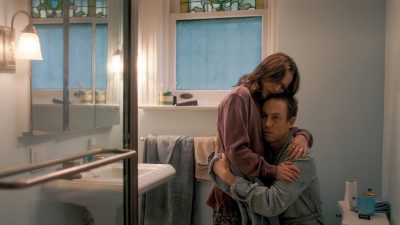
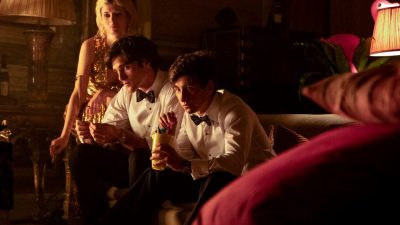
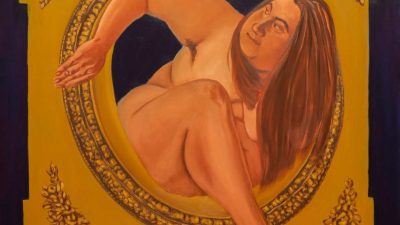
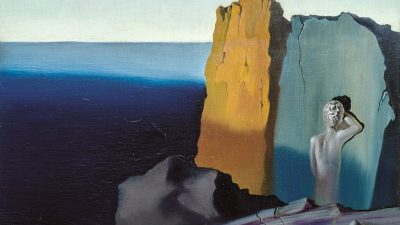



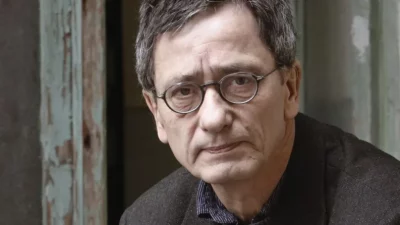



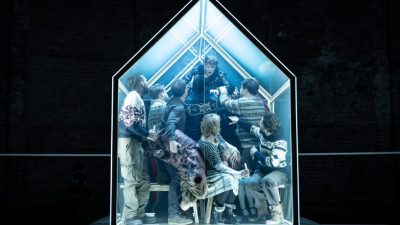
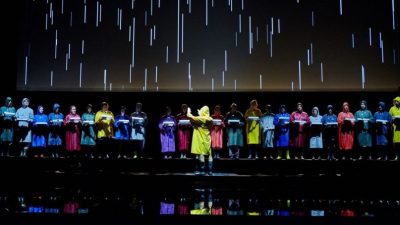


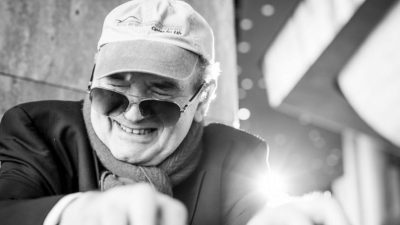


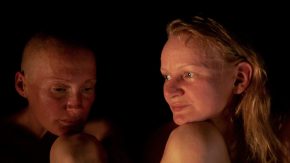

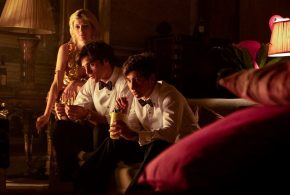
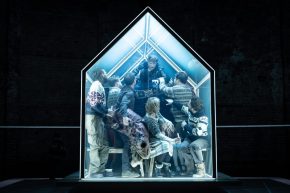

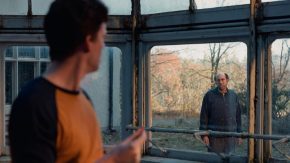
Comments